Jun 3, 2025 11:25 AM
In Memoriam: Al Foster, 1943–2025
Al Foster, a drummer regarded for his fluency across the bebop, post-bop and funk/fusion lineages of jazz, died May 28…
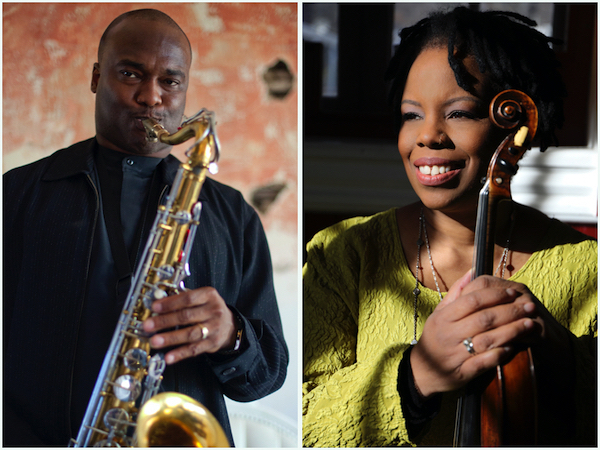
Cousins James Carter and Regina Cater have reconnected during the pandemic.
(Photo: John Abbott & Christopher Drukker)First came the coronavirus and then the killing of George Floyd, his neck fatally compressed under the knee of a Minneapolis police officer. For Black Americans, a convergence of plagues compounds disappointment and outrage—a double whammy.
“Being on ‘lockdown’ and glued to the news during the pandemic, the world witnessed a speck of the systemic racism that Black Americans face, daily,” said violinist Regina Carter from her home in New Jersey. “Examining and discussing America’s ugly history over the last 400 years is extremely difficult for some, but there is no other choice; George Floyd was the last straw.”
Multireedist James Carter echoed the urgency expressed by his cousin and a multitude of others demonstrating in the streets around the world. “It’s good to see so many young people, especially white Americans with Black Lives Matter signs, in the demonstrations,” he said. “The pandemic, poverty and the police have brutally assailed the Black community.”
No place or profession is immune to the coronavirus pandemic or disparities based on race. But setbacks are not defeats for these two musicians, whom I’ve known since they were coming of age in Detroit—Regina when she was a member of the all-female ensemble Straight Ahead and James when he was with the youth ensemble Bird-Trane-Sco-Now! Both are as talented as they are resilient, and though at the moment they can’t perform together—as they have on numerous studio dates—the pandemic has put them back in touch.
“When James called me about sharing my thoughts during this bleak period, it was an opportunity I welcomed,” Regina said. “This is a good way of reconnecting, something that is absolutely indispensable for us musicians.”
But being apart hasn’t kept musicians from collaborating. James’ son—16-year-old James Carter Jr.—recently participated with classmates and faculty in a virtual spring concert for his Detroit-area high school.
“You sit in front of your computer,” James said, explaining the process, “with a PDF of the music and a click track for you to play along with. Your clip is delivered to the webmaster, who then assembles the finished product. I felt sorry for him and his fellow bandmates ... . To miss contributing to the blend of his sax section is a feeling that can’t be duplicated.”
Irreplaceable, too, is the financial compensation for lost gigs. There are instances, Regina said, in which you have to return the advance, if the date is canceled or postponed. “These are some very tricky endeavors,” she said.
Always evident in the music of these cousins is a deep regard for jazz history and tradition. Both have devoted albums to outstanding musicians of the past, be they Billie Holiday, Ella Fitzgerald or Django Reinhardt. And they both were saddened to learn of the recent deaths of Wallace Roney, Lee Konitz and Ellis Marsalis, all of whom succumbed to COVID-19. It’s a list of lost lives and talent that was taken from the world too soon.
For this writer, after weathering the turbulent 1960s, today’s spasm in reaction to police brutality is a case of déjà vu. These recent—and very public—transgressions by law enforcement are uniquely exacerbated by a relentless pandemic and an unrivaled economic crisis. But like the Carters and the rest of our jazz community, we need to continue to cultivate and support a common human resiliency. DB
This story originally was published in the August 2020 issue of DownBeat. Subscribe here.
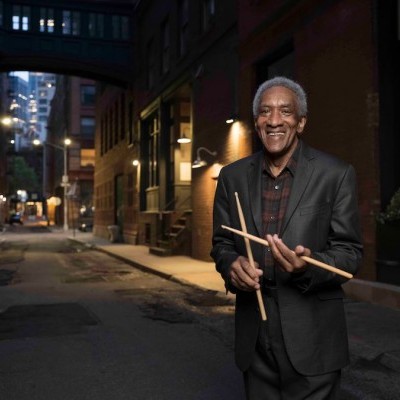
Foster was truly a drummer to the stars, including Miles Davis, Sonny Rollins and Joe Henderson.
Jun 3, 2025 11:25 AM
Al Foster, a drummer regarded for his fluency across the bebop, post-bop and funk/fusion lineages of jazz, died May 28…
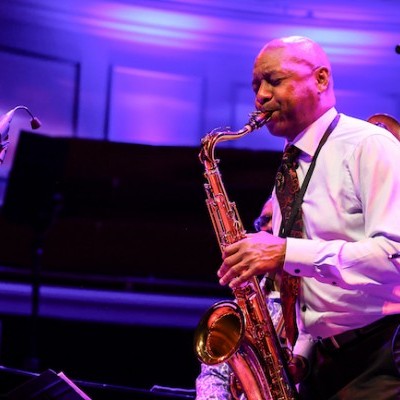
“Branford’s playing has steadily improved,” says younger brother Wynton Marsalis. “He’s just gotten more and more serious.”
May 20, 2025 11:58 AM
Branford Marsalis was on the road again. Coffee cup in hand, the saxophonist — sporting a gray hoodie and a look of…
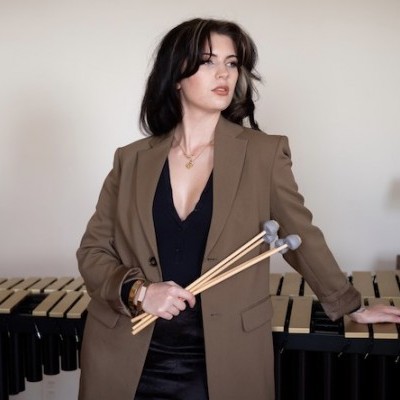
“What did I want more of when I was this age?” Sasha Berliner asks when she’s in her teaching mode.
May 13, 2025 12:39 PM
Part of the jazz vibraphone conversation since her late teens, Sasha Berliner has long come across as a fully formed…

Roscoe Mitchell will receive a Lifetime Achievement award at this year’s Vision Festival.
May 27, 2025 6:21 PM
Arts for Art has announced the full lineup for the 2025 Vision Festival, which will run June 2–7 at Roulette…
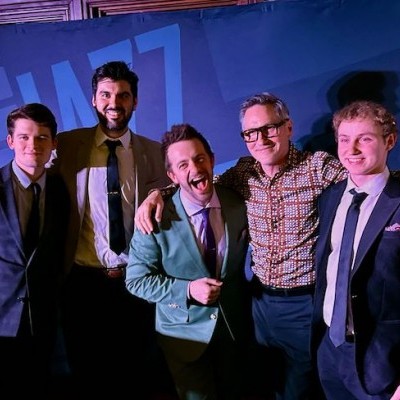
Benny Benack III and his quartet took the Midwest Jazz Collective’s route for a test run this spring.
Jun 3, 2025 10:31 AM
The time and labor required to tour is, for many musicians, daunting at best and prohibitive at worst. It’s hardly…